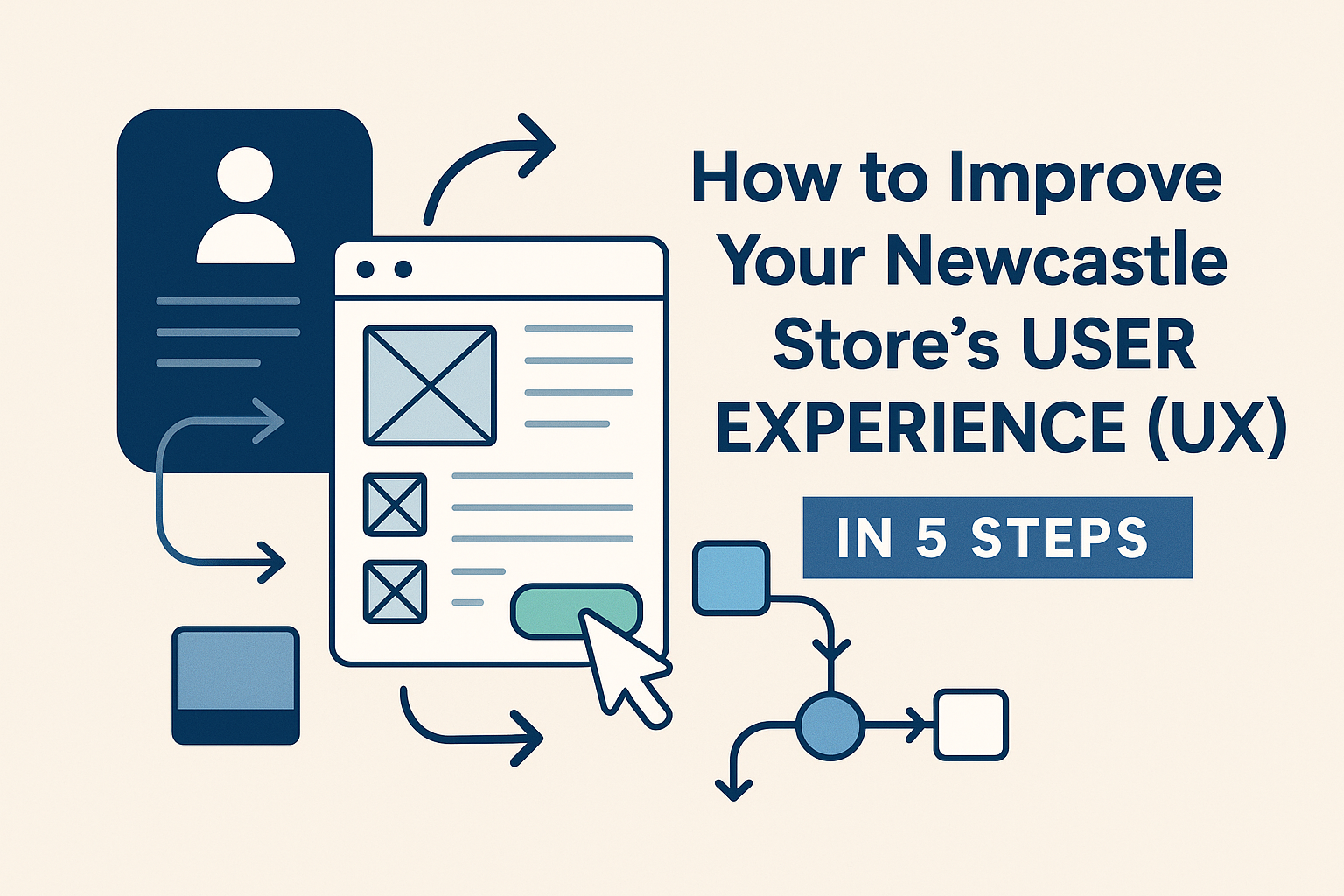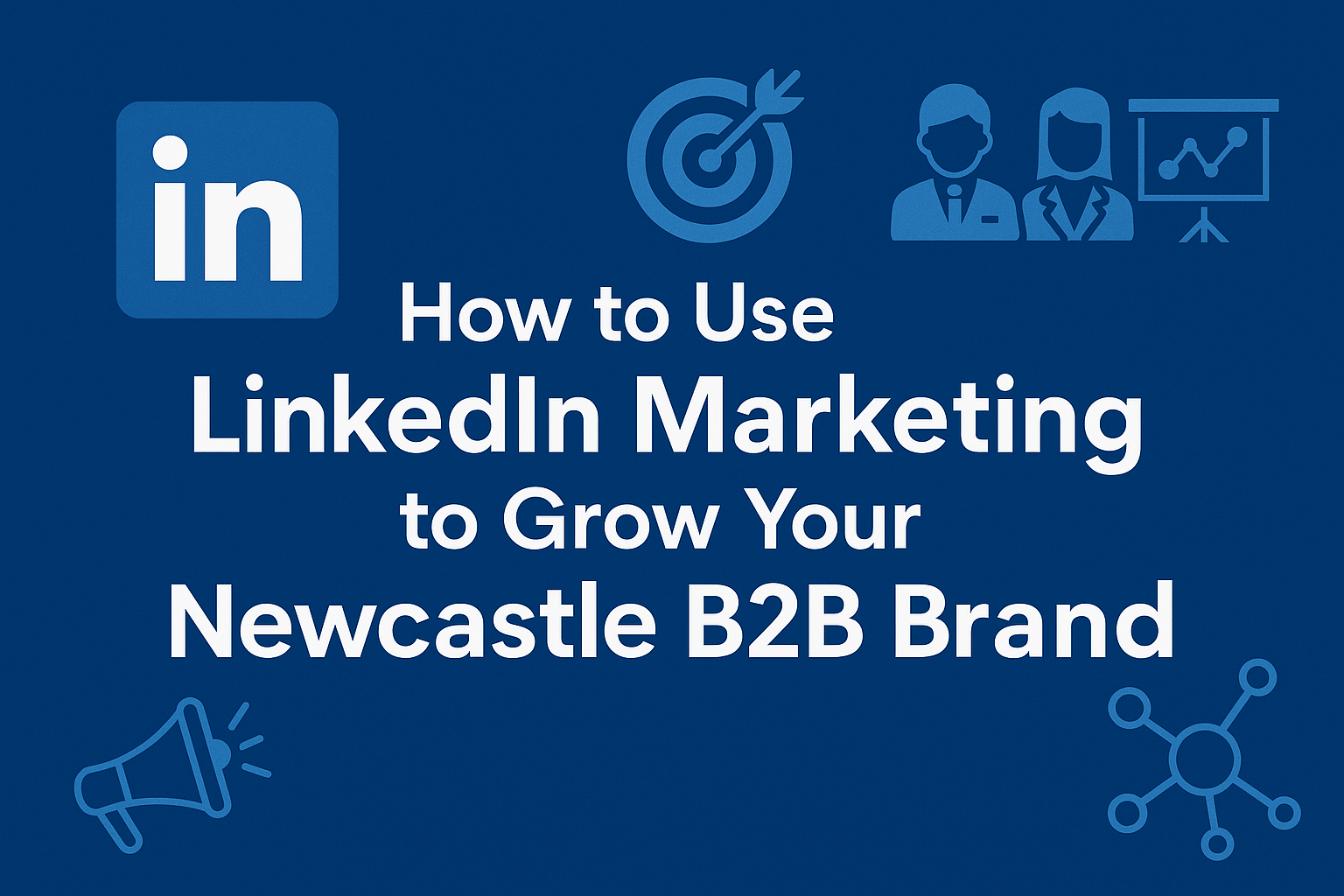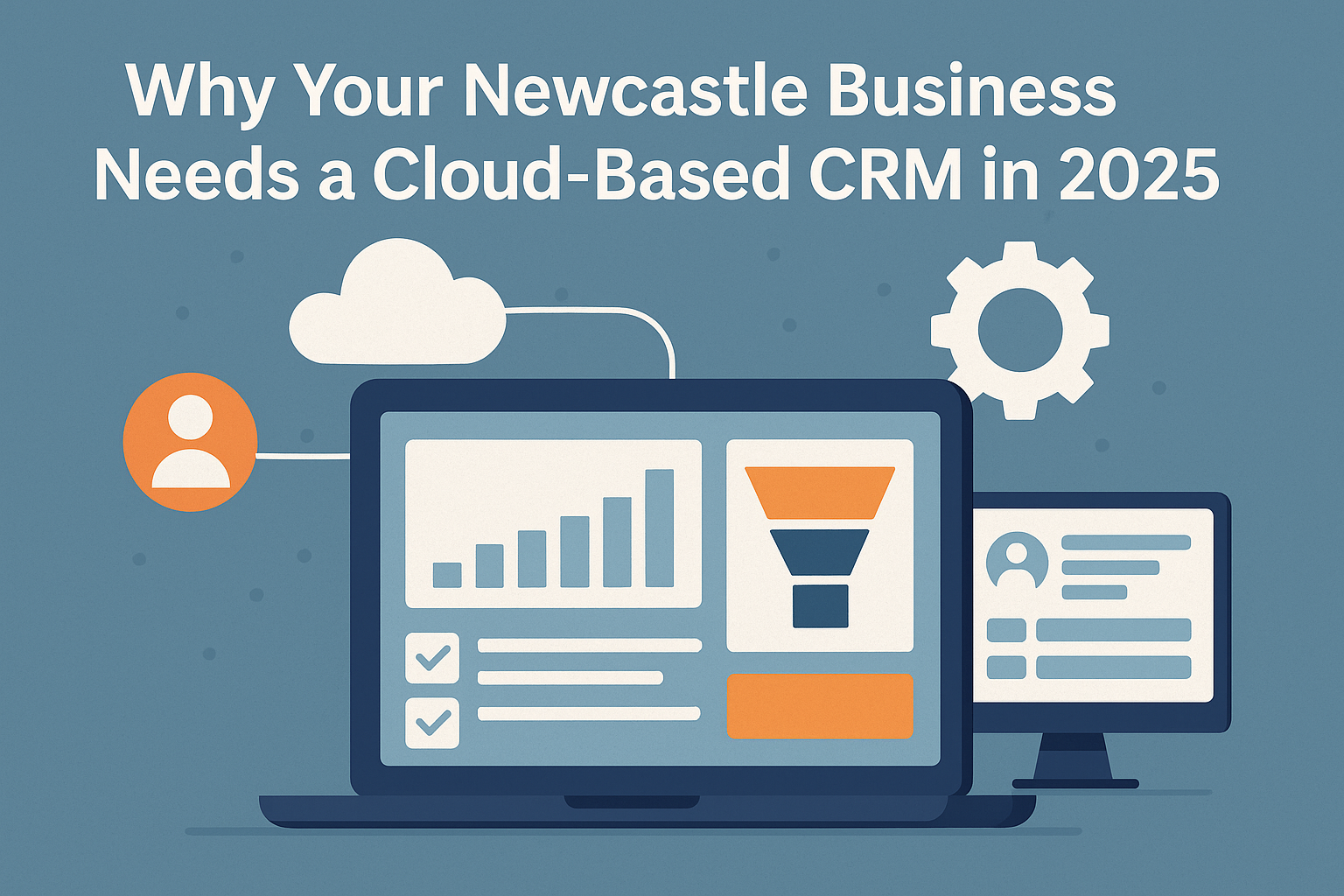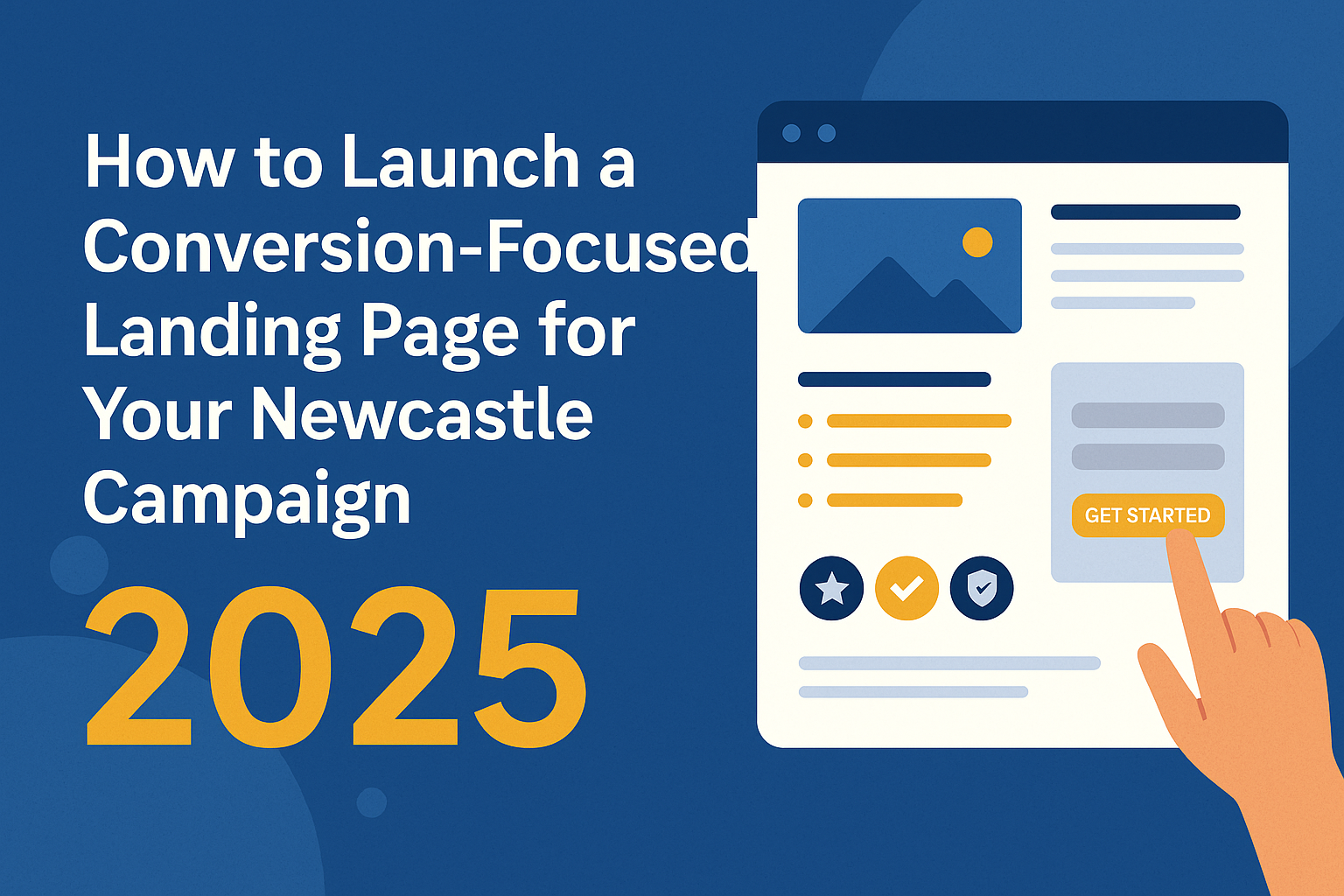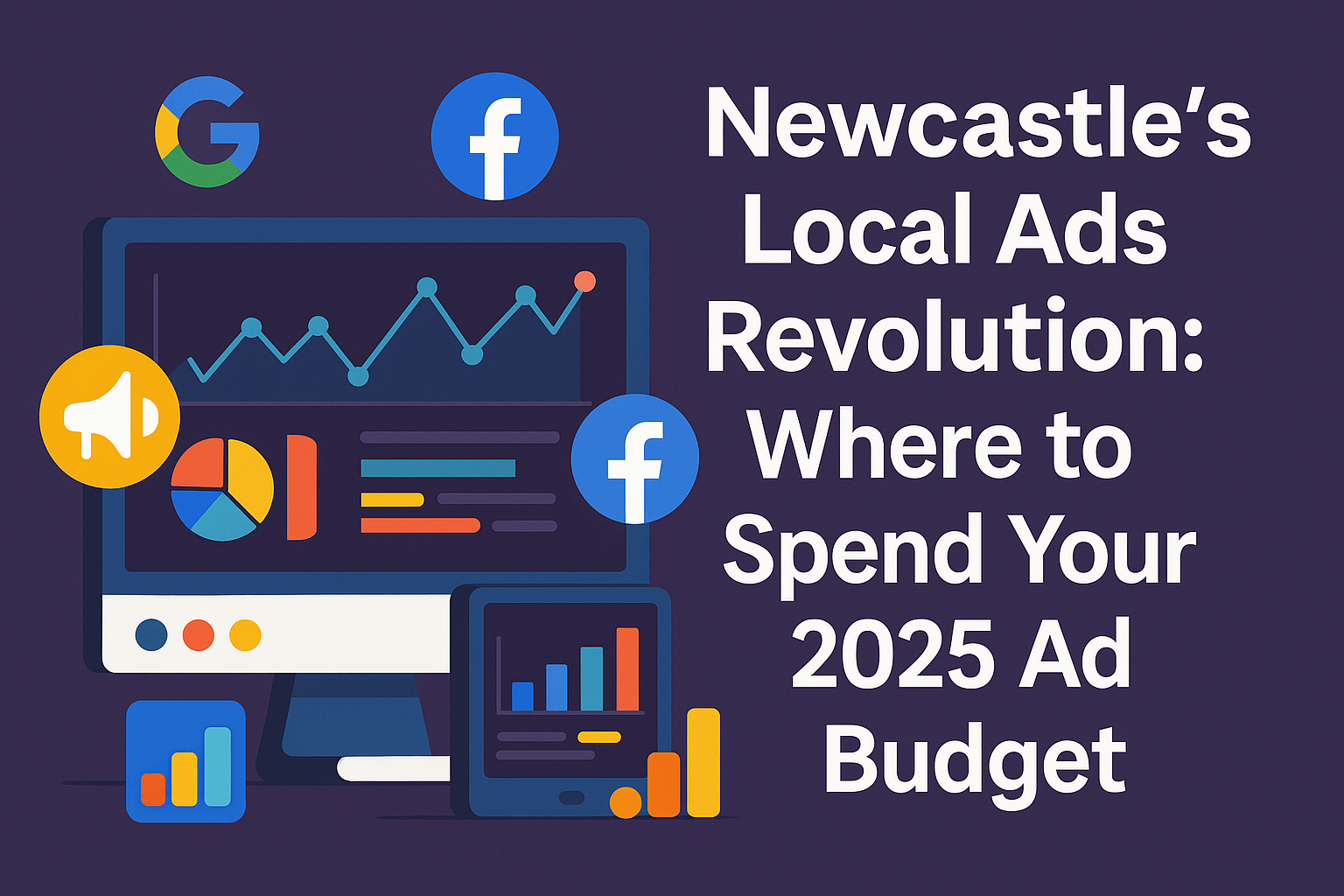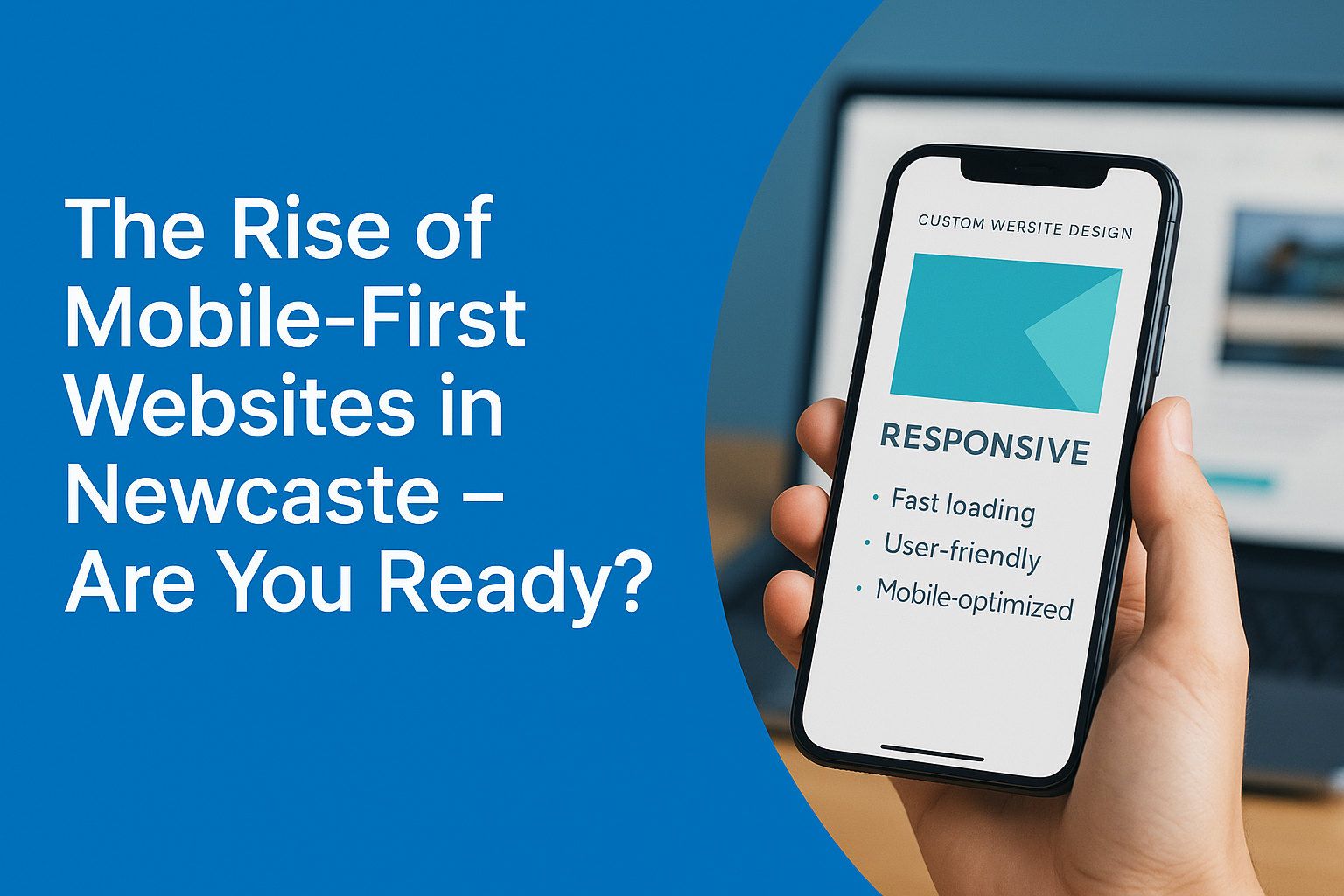- sales@robatodigitals.com
- 124 Westwood Dr, Burnside VIC 3023
Crafting an Effective Digital Marketing Strategy

Crafting an Effective Digital Marketing Strategy
In the ever-evolving landscape of digital marketing, having a well-crafted strategy is essential for success. Whether you're a small business owner or a marketing professional, understanding how to create an effective digital marketing strategy can help you reach your target audience, achieve your business goals, and stay ahead of the competition. In this blog post, we'll explore the key steps to crafting a robust and results-driven digital marketing strategy. Set Clear Objectives Before diving into the tactics, it's crucial to establish clear and measurable objectives. Ask yourself: What do you want to achieve with your digital marketing efforts? Is it increasing brand awareness, generating leads, boosting sales, or something else? Your objectives should be specific, measurable, achievable, relevant, and time-bound (SMART). Having a clear sense of purpose will guide your entire strategy. Know Your Target Audience Understanding your target audience is at the core of any successful digital marketing strategy. Create detailed buyer personas that encompass demographics, interests, pain points, and online behavior. The more you know about your audience, the more effectively you can tailor your content and campaigns to resonate with them. Choose the Right Channels Not all digital marketing channels are suitable for every business. Based on your target audience and objectives, select the most appropriate channels for your strategy. This might include social media platforms, email marketing, content marketing, paid advertising (Google Ads, Facebook Ads), SEO, and more. Each channel requires a unique approach. Content is King High-quality content is the backbone of digital marketing. Create content that provides value to your audience, whether it's informative blog posts, engaging social media updates, captivating videos, or interactive infographics. Your content should align with your brand and speak directly to your audience's needs and interests. Optimize for SEO Search Engine Optimization (SEO) is vital for ensuring your content is discoverable online. Conduct keyword research to identify relevant terms and phrases that your audience uses. Optimize your website and content to rank higher in search engine results pages (SERPs). Regularly monitor and adjust your SEO strategy as search algorithms evolve. Implement a Social Media Strategy Social media is a powerful tool for building brand awareness and engaging with your audience. Develop a social media strategy that includes content planning, posting schedules, and audience engagement. Use analytics to track the performance of your social media efforts and adjust your strategy accordingly. Leverage Email Marketing Email marketing remains one of the most effective ways to reach and nurture your audience. Build and segment your email list, create personalized and compelling email campaigns, and track open rates, click-through rates, and conversions. Automation tools can help streamline your email marketing efforts. Monitor and Analyze Results Regularly track and analyze the performance of your digital marketing campaigns. Tools like Google Analytics, social media insights, and email marketing metrics provide valuable data. Use these insights to identify what's working and what's not, and make data-driven adjustments to your strategy. Budget Wisely Allocate your budget strategically based on your objectives and the channels that yield the best results. Consider both organic and paid marketing efforts. Keep in mind that digital marketing is an investment, and ROI should be a key consideration in your budgeting decisions. Stay Updated Digital marketing is a dynamic field, with new trends and technologies emerging regularly. Stay informed about industry changes and be open to adapting your strategy as needed. Continuous learning and experimentation are key to staying competitive in the digital landscape. Crafting an effective digital marketing strategy requires careful planning, a deep understanding of your audience, and a commitment to staying agile in the face of change. By setting clear objectives, leveraging the right channels, creating valuable content, and consistently monitoring your results, you can build a digital marketing strategy that not only meets your goals but also positions your brand for long-term success in the digital age. Remember, the key is to stay customer-centric and adapt to the evolving preferences and behaviors of your target audience.


